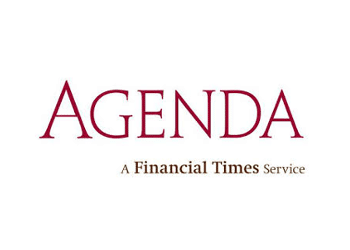Minimum Tax Proposal Would Create Complications for Investors and Companies, Tax Experts Say
By: Wall Street Journal
November 22, 2021

A Democratic proposal to tie taxes for big companies more closely to their financial accounting could distort public financial disclosures, inject politics into accounting rule-making and complicate financial reporting for large companies, according to accounting and tax experts and investors.
The proposal, which passed the House by a seven-vote margin on Friday, is intended to prevent major companies from reporting sizable profits to investors while paying little or nothing in federal taxes. It would impose a 15% minimum tax on the biggest U.S. companies, based on the pretax income they publicly report to investors, and is among several corporate-tax policy changes designed to help fund spending on education, healthcare and climate-change initiatives.
The proposal’s sponsors hope to raise nearly $319 billion in tax revenue over a decade and ensure that companies with at least $1 billion in pretax income pay taxes in profitable years, without reducing their income for tax purposes with a range of credits and deductions. Its backers reason that linking the minimum tax to publicly reported financial results will discourage companies from artificially reducing profits, because companies likely won’t risk disappointing investors by engineering smaller profits or even losses to avoid a tax bill.
…Such “pro-forma” results have become more widespread in recent decades, with 91% of S&P 500 companies using at least one measure not defined under U.S. generally accepted accounting principles, or GAAP, this year through Thursday, according to MyLogIQ, a data provider.
Some articles require a paid subscription.


